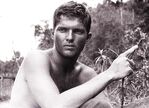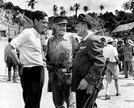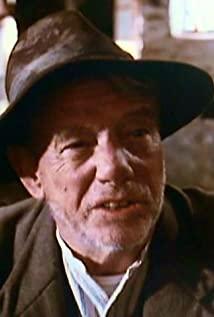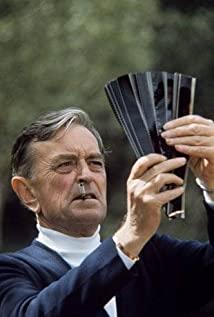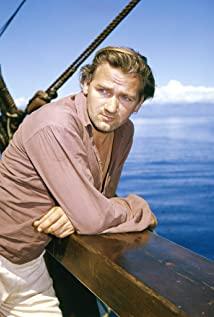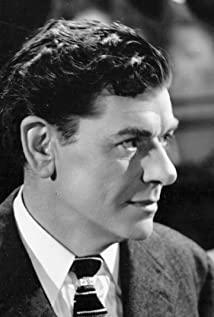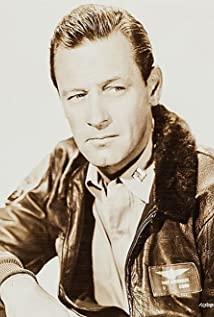I remember that during the 2008 Olympic Games, a CCTV reporter interviewed Lang Ping, who was the head coach of the US women’s volleyball team: “If the US women’s volleyball team meets the Chinese women’s volleyball team, who do you hope to win?” If I remember correctly, Lang Ping simply replied: “ Of course it is the Chinese women's volleyball team." Then he smiled.
To be frank, I was in a bad mood after watching this impromptu interview. Lang Ping's answer may be a very standard Chinese response, and of course it is in line with the emotional needs of the general public in China. However, she violated the minimum professional ethics and even professional ethics. There is a simple truth. You want China to win. What qualifications do you have to be the head coach of the US team who is likely to encounter the Chinese team on the court? Why do you face those American women's volleyball girls who are expecting and trusting you? A very simple question and answer, the basic moral and logical legitimacy of Lang Ping as the head coach of the US team suddenly collapsed.
Two more years later, when I read "The Memoirs of Li Zongren", I saw an even more shocking scene: in the first half of the 1930s, after years of hard work and recuperation by the "Three Masters in Guangxi" headed by Li Zongren, Guangxi It has become a “model province” in China. So, Li Zongren, who was prepared for a rainy day, began to prepare for the Guangxi Air Force. What is unexpected is that the core trainers of this group of Air Force are from Japan. What is even more shocking is that, according to Li Zongren’s memories, this When the air force coaches were teaching the Guangxi Air Force, they were conscientious and did not see any slack in the slightest, and they imparted the air force skills and tactics to the Chinese soldiers without reservation.
You know, looking back at history, this time is only a few steps away from the "Lugouqiao Incident"-a full-scale war between China and Japan. Even at that time, Japan had already occupied Manchuria, and anyone with a normal mind would know that there must be a battle between China and Japan. The Chinese understand it, and I believe the Japanese know it better. But even so, taking people money and doing things for others, the Japanese still follow this simple but great work ethic. Of course, just as they should have expected back then: A few years later, the Japanese air force that invaded China encountered a tenacious attack by their students who had joined the Chinese Air Force sequence at that time. "Japan is really a respectable and terrifying enemy!"-I still remember the strong feeling when I read here.
From another perspective, how to choose when the nationalist position and professional ethics conflict with each other also reflects a basic difference in values between the East and the West (Japan after the Meiji Restoration has gradually integrated into the Western world). "This movie reflects the deep-seated conflict of values under the surface of military conflict. Of course, the director still used a "Kipling" perspective in it, using the stage of the Eastern Burma battlefield in World War II to represent Colonel Nicholson, who was a British prisoner of war, to represent Western values. "Geneva Convention", the Japanese leader Saito, who is like a stubborn Japanese army, represents the traditional values of the East. These two values clashed fiercely in the unknown tropical jungles of Myanmar.
In Western society, the long-standing constitutional system has been advocating and paying attention to the logic of life step by step, and the relationship between individuals and public power has been hedged and balanced. As a result, personal professional ethics have been highlighted and nationalist positions have been suppressed. The Oriental society, which has been under the autocratic system for a long time, has obviously not undergone this baptism. Therefore, the relationship between the people's nationalist position and personal life is still in an imbalanced position in the pre-modern society.
Of course, there is no doubt about the level of these two values. In the movie, the difference between the identities of Colonel Nicosen and the Japanese officer Saito in the prisoner of war status makes the pros and cons of these values more prominent. (Standing to the point that there is even a white arrogance).
What’s even more impressive is that the director, through the rigidity and perseverance of Colonel Nicholson’s traditional British aristocracy, adheres to his stubborn personal philosophy, and further advances the film’s philosophical thinking to a new level, that is, building the River Kwai. There is naturally a huge internal conflict between Colonel Nicholson’s professional ethics and the nationalist stance of Colonel Nicholson as a soldier. ), then how should this conflict be coordinated in this environment? Is there a switchable point in time, and at what moment is this point in time?
Of course, the ending of the film ends with Colonel Nicholson’s huge hesitation at the last moment (or is he initiating?), and he fell on the explosive switch one second before he died and completed the military mission of the bridge bombing squad (this is in some kind of To a certain extent it should be his mission as a British army), he sacrificed his values with his death. This ending seems to have achieved both ends, but this deeper conflict of values has not been resolved. And this seemingly chaotic handling method is also the director's cleverness, and it is also the essence of this movie.
View more about The Bridge on the River Kwai reviews



